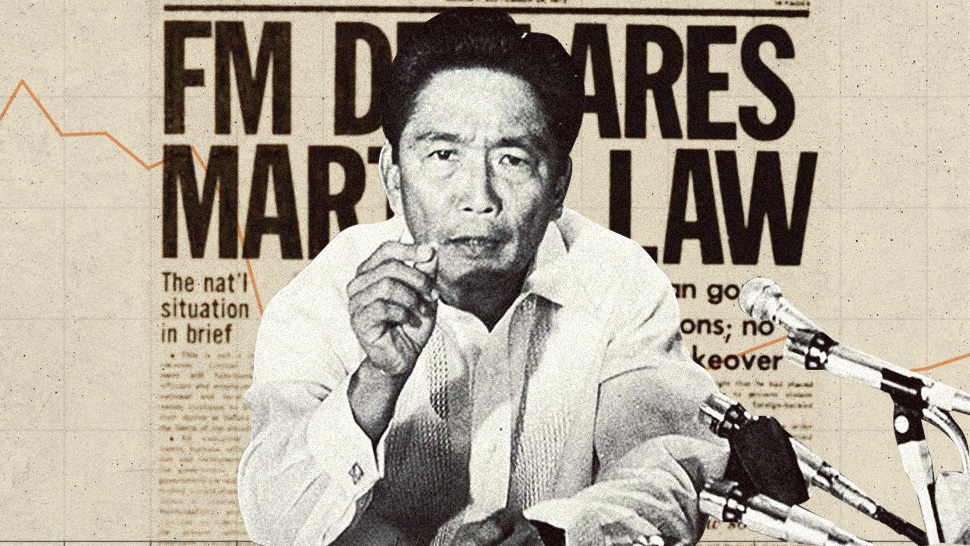

The War Measures Act was a Parliament of Canada statute that allowed the government to assume sweeping emergency powers, stopping short of martial law, i.e., the military did not administer justice, which remained in the hands of the courts. The Sultan of Brunei, Sultan Haji Hassanal Bolkiah Mu'izzaddin Waddaulah, is presently the head of state and also the Minister of Defense and Commander in Chief of Royal Brunei Armed Forces. As of 2022, martial law has never been declared since the continent became a nation.īrunei has been under a martial law since a rebellion occurred on 8 December 1962 known as the Brunei Revolt and was put down by British troops from Singapore. It would remain in force for more than three years, the longest period of martial law in the history of the British colonies on the Australian continent.

With an escalation of violence in the late 1820s, Lieutenant-Governor George Arthur declared martial law in November 1828-effectively providing legal immunity for killing Aboriginal people. The Black War was a period of violent conflict between British colonists and Aboriginal Australians in Tasmania from the mid-1820s to 1832. Civilians defying martial law may be subjected to military tribunal ( court-martial).ĭuring the 2020 Nagorno-Karabakh war, Armenian prime minister Nikol Pashinyan declared martial law. Typically, the imposition of martial law accompanies curfews the suspension of civil law, civil rights, and habeas corpus and the application or extension of military law or military justice to civilians. Examples of this form of military rule include post World War II reconstruction in Germany and Japan, the recovery and reconstruction of the former Confederate States of America during Reconstruction Era in the United States of America following the American Civil War, and German occupation of northern France between 18 after the Treaty of Frankfurt ended the Franco-Prussian War. Martial law has also been imposed during conflicts, and in cases of occupations, where the absence of any other civil government provides for an unstable population.

Martial law may be declared in cases of major natural disasters however, most countries use a different legal construct, such as a state of emergency. Such incidents may occur after a coup d'état ( Thailand in 20, and Egypt in 2013) when threatened by popular protest (China, Tiananmen Square protests of 1989) to suppress political opposition ( martial law in Poland in 1981) or to stabilize insurrections or perceived insurrections. Martial law can be used by governments to enforce their rule over the public, as seen in multiple countries listed below. Countries such as Pakistan have famously implemented this rationale as well. While many countries, the United States for example, do not have the explicit constitutional right to declare martial law, scholars often interpret the law of the United States to allow for the implementation of martial law in times of necessity. One legal theory most frequently associated with martial law is the common law doctrine of necessity. For countries that do not explicitly permit the declaration of martial law, but where martial law has been declared, the legal justification for it is often the common law doctrine of necessity, or some variation of it.Ĭommon law doctrine of necessity and martial law Most often, the implementation of martial law arises from necessity rather than legal right, and while some countries have provisions explicitly permitting the use of martial law, many do not. References to martial law date back to 1628 England, when Sir Matthew Hale described martial law as, “no Law, but something indulged rather than allowed as a Law.” Despite being centuries old, this quote remains true in many countries around the world today. Overviewĭespite the fact that it has been declared frequently throughout history, martial law is still often described as largely elusive as a legal entity. Alternatively, martial law may be declared in instances of military coup d'états. Most often, martial law is declared in times of war and/or emergencies such as civil unrest and natural disasters. Martial law can continue for a specified amount of time, or indefinitely, and standard civil liberties may be suspended for as long as martial law continues. Martial law is the replacement of civilian government by military rule and the suspension of civilian legal processes for military powers.


 0 kommentar(er)
0 kommentar(er)
